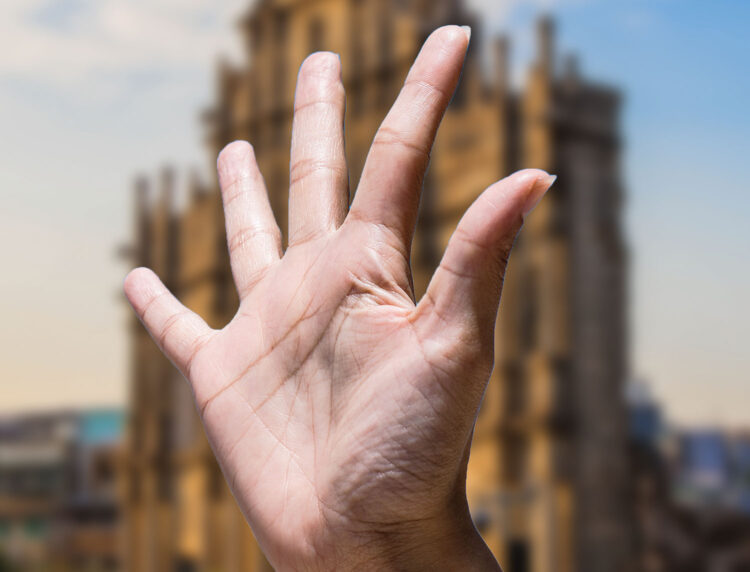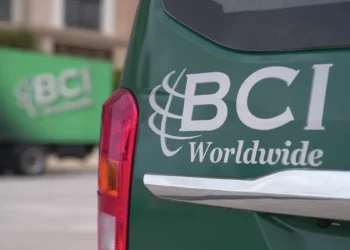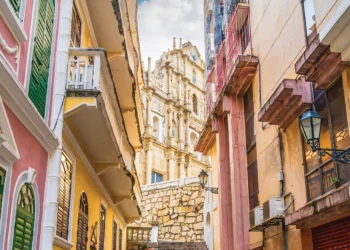Macau’s concessionaires are being asked to play a leading role in the future of Macau under the government’s “1+4” diversified development strategy.
The Macau SAR Government announced in August the detailed plan of its “1+4” diversified development strategy, titled “Development Plan for Appropriate Economic Diversification of the Macao Special Administrative Region (2024–2028)”. This represents a modification of the government’s previous “Second Five-Year Plan”.
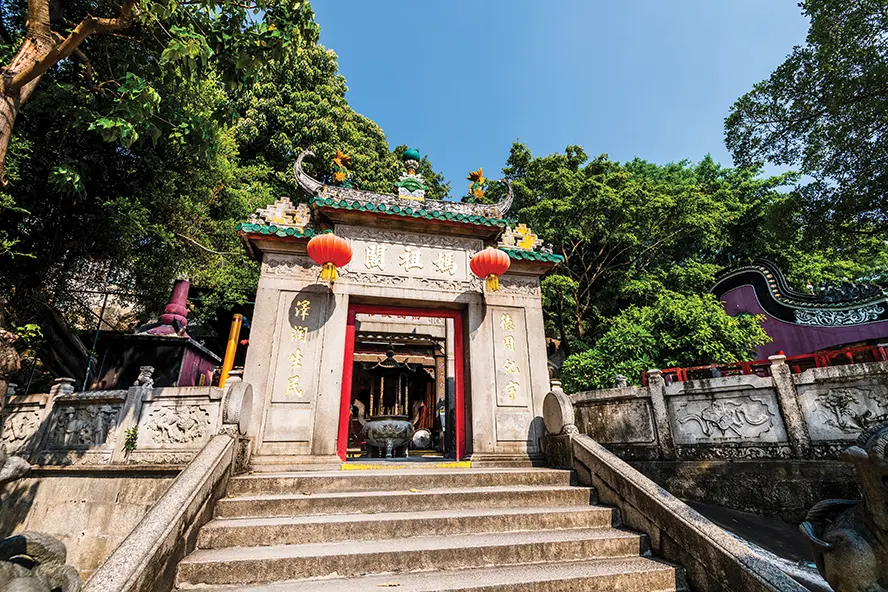 At the end of 2022, it was revealed that due to changes in social development, the “Integrated Tourism and Leisure Industry” needed to be added to the “Second Five-Year Plan” to form the “1+4” diversified development strategy.
At the end of 2022, it was revealed that due to changes in social development, the “Integrated Tourism and Leisure Industry” needed to be added to the “Second Five-Year Plan” to form the “1+4” diversified development strategy.
Tourism and leisure operators have been asked to lead the development of the other four industries in a new direction under “1+4”, those industries being big health, innovation and technology, modern finance, and conventions and exhibitions including culture and sports.
The so-called “Integrated Tourism and Leisure Industry” refers to industries such as gaming, hotels, catering, travel agencies, retail and passenger transport services. Gaming concessionaires are considered to be the central members of Macau’s integrated tourism and leisure industry.
Within the Integrated Tourism and Leisure industry, the expansion of international visitor markets is considered to be a primary mission for the concessionaires. Other missions include the promotion of culinary tourism, the development of local brands, the development of study tours, training for the tourism industry, the deepening of co-operation with the Greater Bay Area and the Guangdong-Macao In-Depth Co-operation Zone in Hengqin (the Co-operation Zone), the promotion of health development to meet the needs of the SAR’s sustainable development, and the revitalization of historic districts.
Specifically, under their commitment to promote big health as part of Macau’s “1+4” diversified development strategy, concessionaires must provide health management, medical care, Chinese medicine, and services related to cosmetology and spa.
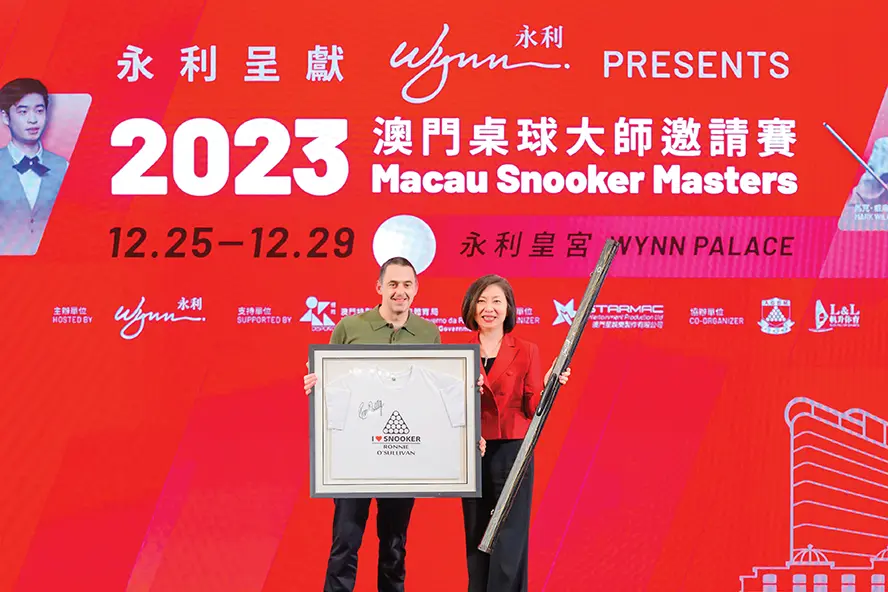
Under innovation and technology, concessionaires must support local scientific and technological research while investing a certain amount of resources into facilitating the industry’s development.
Under MICE, concessionaires must jointly introduce “Stay, Dine and See Macau for MICE Visitors” routes within the MICE industry while expanding the promotion and branding of entertainment performances, events and festivals. These should include bringing high-level international sports to Macau.
The plan expands the long-held government view that Macau’s concessionaires should play an important role in the development of other industries. Ryan Ho Hong Wai, lecturer at the Center of Gaming and Tourism Studies of the Macau Polytechnic University, compared the relationship between the gaming industry and other industries to the development of Middle Eastern countries.
“Oil companies in the Middle East help develop other industries by using the capital gained from oil to ensure the sustainable development of the local economy,” Ho said, adding that in the case of Macau, concessionaires should start by helping guide new industries. However, he noted, “These industries should absorb resources and talents from other regions and the globe, rather than only relying on the resources of the concessionaires.

“Even though concessionaires own a great number of resources in promoting the development of non-gaming elements, other industries should develop their own resources in the long run.”
The government’s desire to reduce Macau’s dependence on gaming is at the heart of its plan, and it recently announced its expectation that the contribution of the gaming industry to the SAR’s Gross Domestic Product (GDP) should fall from around 51% as of 2019 to 40% by 2028.
The latest government employment data (April to June) shows that there are 68,500 gaming employees in Macau, accounting for 18.9% of total employment. Government revenue from games of fortune in 2019 was MOP$98.22 billion (US$12.2 billion), accounting for 80% of all government revenue.
Efforts to reduce the reliance on gaming won’t be easy though, as Responsible Gaming Association President Song Wai Kit observed.
“Gaming revenues have a significant influence on the government’s budget and public financing,” he said. “If the contribution to GDP of the gaming industry drops to 40%, it will be very difficult to maintain current revenues from other industries. Gaming revenue is very important for the government’s finances.
“Even if the share of GDP between other industries and the gaming industry reached 9:1, can the tax contribution from other industries reach that of the gaming industry today?”
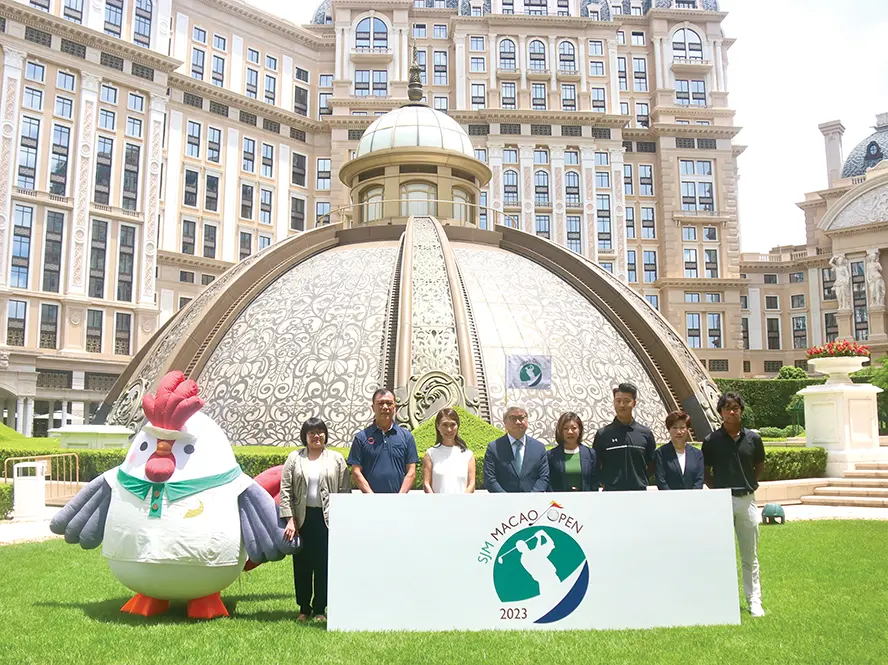
Wong said that the ultimate goal of the government is to generate a surplus, however recent evidence suggests a decline in gaming revenues makes this particularly difficult.
In 2019, the gaming industry accounted for 50.9% of Macau’s GDP (already down from 62.9% in 2012) while gaming tax revenue accounted for 86% of the government’s recurrent revenue, leading the government to a fiscal surplus. However, in 2022, due to the COVID-19 pandemic, the gaming industry’s contribution to GDP fell to 25.8%, with gaming tax revenue accounting for just 52.7% of the government’s recurrent revenue. Under this pressure, the government fell into budget deficit.
This is ultimately Macau’s great challenge if it hopes to achieve its goal of reducing its reliance on gaming. It may well be that gaming’s contribution to the GDP does fall to 40% by 2028, but exactly what this means for the government’s coffers depends upon whether the new industries that are developed can be truly profitable in their own right.






